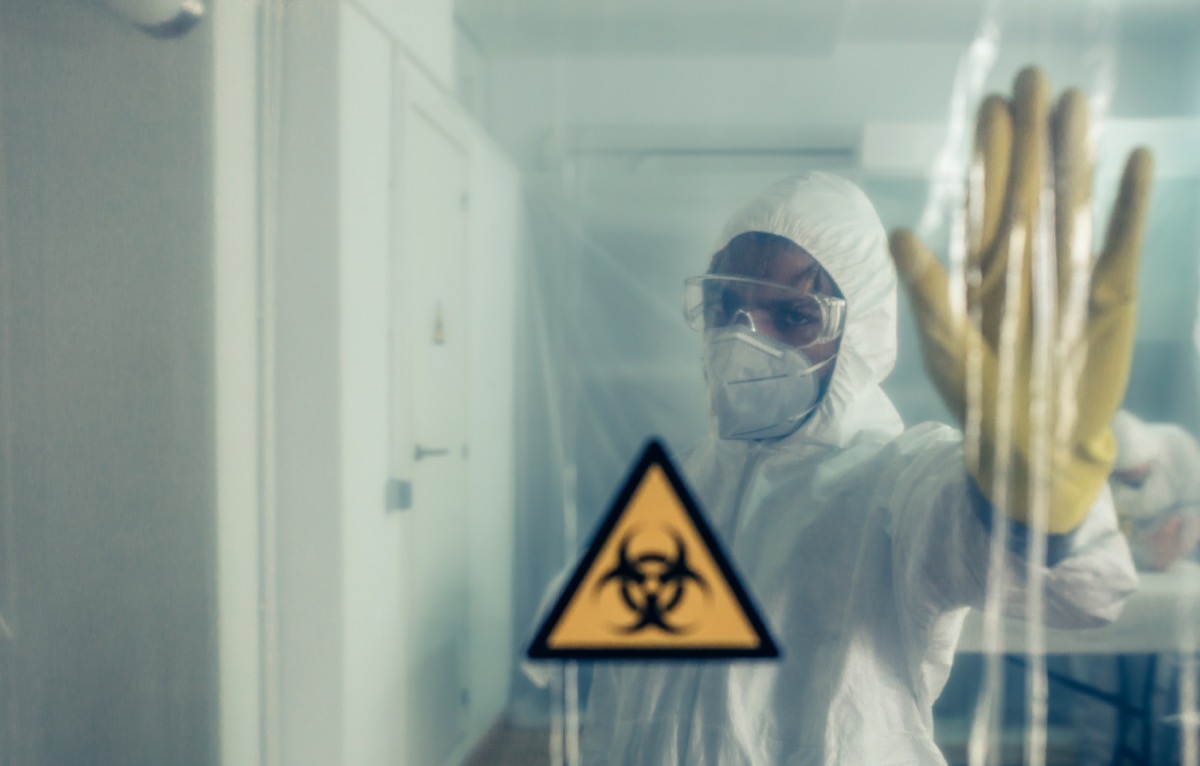According to the study, which was published in The Lancet Global Health, nearly 1.7 billion people worldwide have at least one underlying health condition that can worsen their case of coronavirus. That’s 22 percent of the entire global population. RELATED: For more up-to-date information, sign up for our daily newsletter. However, high risk only refers to only a smaller subsection of those with an increased risk, Andrew Clark, PhD, co-author of the study, told The New York Times. Even if infected with the coronavirus, “not everyone with a condition will progress to a hospital,” he said. Out of those with an increased risk, the researchers estimate that 349 million people—which amounts to four percent of the global population—are at a high risk for severe COVID-19. The researchers listed 11 categories of underlying conditions that could raise your risk of having a severe case of coronavirus: cardiovascular disease, chronic kidney disease, chronic respiratory disease, chronic liver disease, diabetes, cancers with direct immunosuppression, cancers without direct immunosuppression but with possible immunosuppression caused by treatment, HIV/AIDS, tuberculosis, chronic neurological disorders, and sickle cell disorders. The Centers for Disease Control and Prevention (CDC) recently released an updated “Case Surveillance,” which includes all coronavirus cases reported from January through May 30. Similarly, one of the most disturbing conclusions within the report is that COVID-19 patients with one or more of three underlying conditions—cardiovascular disease, diabetes, and chronic lung disease—were 6 times more likely to require hospitalization and 12 times more likely to die from coronavirus. And for more on these health conditions, check out Almost One Third of Coronavirus Patients Have This Underlying Condition.ae0fcc31ae342fd3a1346ebb1f342fcb
